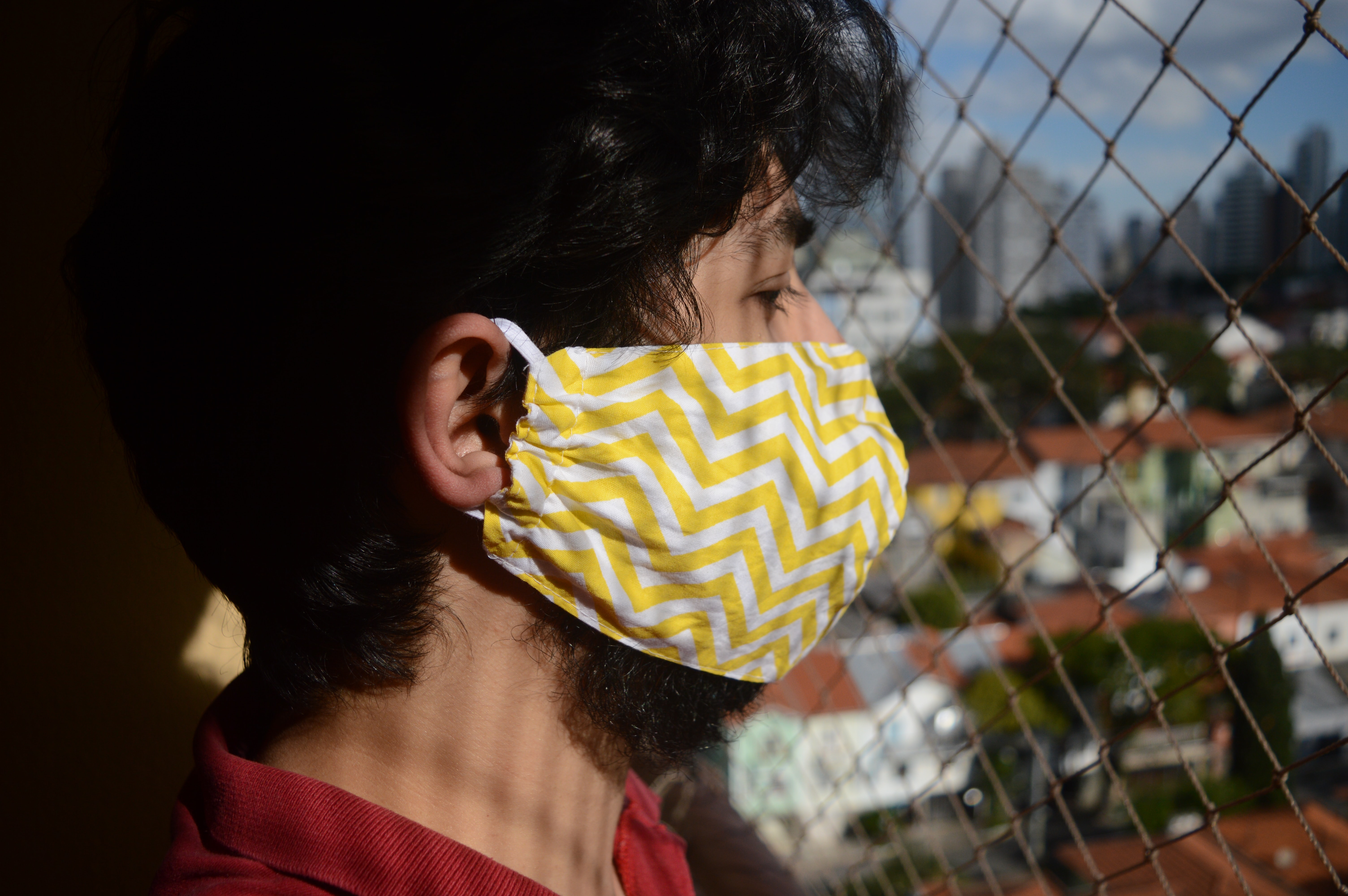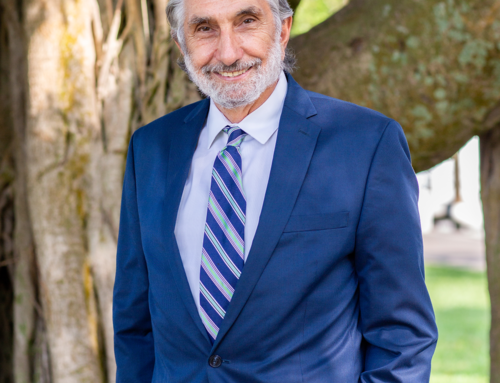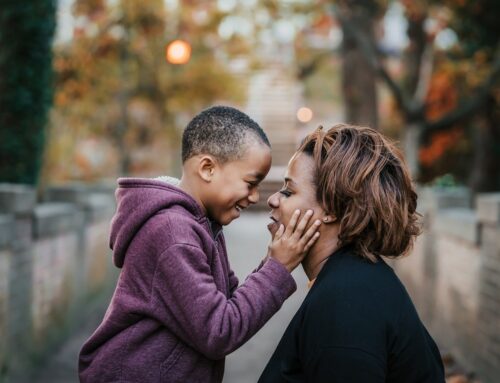The COVID-19 pandemic has affected every single aspects of our lives, and for those awaiting resolution on their immigration cases, it is no different. By mid-March, ten immigration courts nationwide had closed their doors due to the coronavirus pandemic, according to the Department of Justice. The immediate result was that all hearing for non-detained immigrants were postponed until further notice. The decision was made at that time as an unlikely coalition of immigration attorneys, advocates, and federal immigration officials called for courts to close in the uncertainty of the virus’s spread.
Hearings for detained immigrants continued as scheduled at that time in open courts. That number included more than 14,000 people held in ICE detention centers; a fact which motivated advocacy group to call for the release of all detained immigrants, noting that detention centers were known breeding grounds for illness. Not only that, but detainees were possibly facing long wait times in crowded quarters, as there was simply no way to estimate when the court proceedings would once again be opened up.
Meanwhile, thousands of immigrants seeking entry remained in open air camps along the border. Under Migrant Protection Protocols, asylum-seekers were required to wait in Mexico for their hearings in U.S. immigration courts – although when that would be was completely unknown. Many called for asylum-seekers to be paroled in the U.S. instead waiting in Mexico if the courts were closed.
June 2020 – Courts Reopening
On June 4, 2020, several USCIS field offices and asylum offices resumed non-emergency in-person services to the public. In addition, some application support centers (ASCs) began providing services as of July 13, 2020. USCIS released written precautions which have been enacted to help stop or prevent the spread of the virus in these reopened facilities. The guidelines enacted include the following:
- Visitors may not gain access to a USCIS facility if they:
- Are experiencing any symptoms of COVID-19, such as fever, cough, or labored breathing;
- Have been in close contact with anyone known or suspected to have COVID-19 in the last 2 weeks; or
- Have been directed by a health care provider / public health official to self-quarantine or self-isolate within the last 2 weeks
- Visitors may not gain access into the facility more than 15 minutes prior to their appointment
- In the case of naturalization ceremonies, visitors may not enter more than 30 minutes prior
- Hand sanitizer will be provided for visitors at entry points.
- All persons seeking entry into the building must wear a facial covering to cover both the mouth and nose . Appropriate coverings may be provided by USCIS. However, non-masked persons may be asked to reschedule their appointment.
- Markings and physical barriers will be established to enforce social distancing guidelines.
- Individuals may be required to answer health screening questions before entry.
- Individuals are encouraged to bring their own black or blue ink pens.
Additional Points of Interest
- Appointment notices will include further instructions for visiting USCIS facilities.
- USCIS locations are not accepting walk-in visits at this time.
- All persons must have a scheduled appointment with USCIS before arriving at a USCIS facility.
- For more information, visit USCIS Visitor Policy and USCIS Office Closings pages.We understand that immigration cases are never easy, and that this pandemic has made the process even more difficult to understand. If you have a pending immigration case, do not have an attorney and are concerned about how to proceed, call the law offices of Probinsky & Cole. We are here to help you navigate the process.








